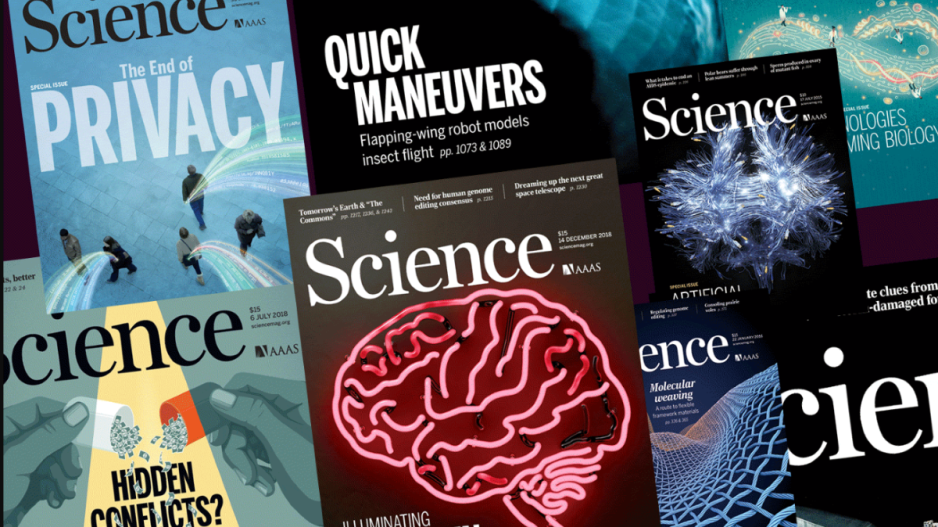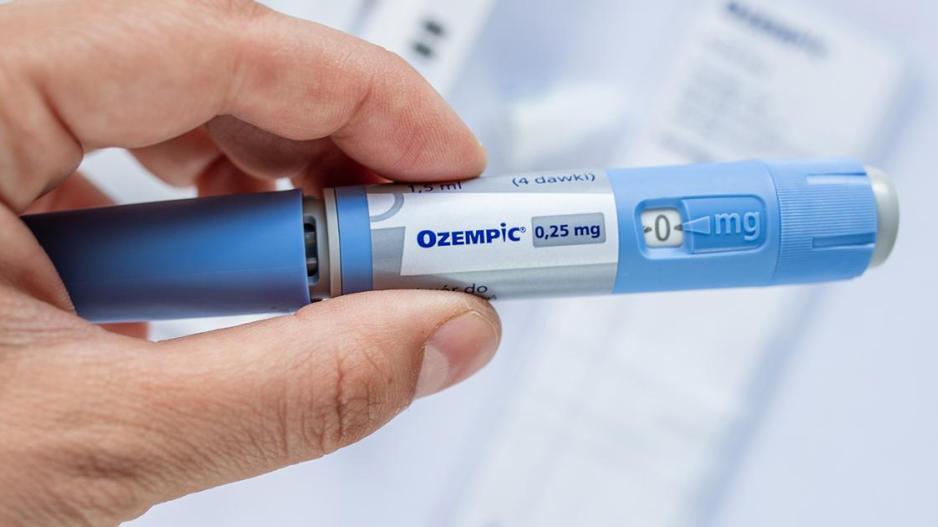Science Magazine's 2023 Breakthrough - But Not Exactly for the Reasons You Might Think
Significant Health Benefits Beyond Weight Loss Itself
The widely discussed GLP-1 receptor agonist drugs, known for their role in weight loss, have been highlighted by Science magazine as a scientific achievement of 2023. These drugs promise a broader range of health benefits.
These medications mimic an intestinal hormone called "glucagon-like peptide-1" (GLP-1). Initially developed for diabetes over 20 years ago, they have recently been found to cause significant weight loss with mostly manageable side effects. This year, two clinical trials discovered that these drugs offer significant health benefits beyond weight loss itself, including reducing symptoms of heart failure and the risk of heart attacks and strokes in obese individuals. Moreover, several ongoing trials are investigating their use in treating drug addiction, Alzheimer's disease, and Parkinson's disease. Hence, Science magazine has named these specific drugs as the achievement of the year.
>>Cyprus and the Global Weightloss Phenomenon<<
"Despite their promise, GLP-1 agonists have raised more questions than answers, a hallmark of a true discovery," writes Holden Thorp, editor-in-chief of the Science journals.
The article also highlights concerns about the cost, availability, side effects of the drugs, and the potential need for indefinite use. Doctors worry that people who are not obese or overweight are also resorting to these drugs for quick weight loss.

Additionally, the list of 2023's achievements includes:
-
Progress in antibody therapies that may slow neurodegeneration in Alzheimer's,
-
Discovery of natural hydrogen sources beneath the Earth's surface,
-
Push for systemic changes in how early-career scientists are paid globally,
-
Confirmation of dating human footprints in an ancient lake in New Mexico to 21,000-23,000 years ago,
-
Concerning slowdown of biologically driven carbon absorption in the ocean ("biological pump"),
-
Interstellar signals from massive black hole mergers,
-
Development of weather forecasting with artificial intelligence,
-
New malaria vaccines, and
-
Development of the exascale supercomputer, promising unprecedented computational power in science.
The list also addresses the year's setbacks in the science world, including:
-
Challenges faced by the American Antarctic Program (project cancellations or reductions, sexual harassment allegations, increasing costs),
-
Ongoing debates over the origin of the Covid-19 pandemic,
-
Controversies and retractions in room-temperature superconductivity research,
-
The decline in scientists' use of X (formerly Twitter), leading to fragmented online scientific communities, and crucially,
-
X's decision to stop sharing data with researchers, hampering studies on issues like polarization and misinformation. The article notes the significance of upcoming EU legislation requiring platforms like X to provide some data access to independent researchers from January 1, 2024, "although the usefulness of this route will become clear next year."






